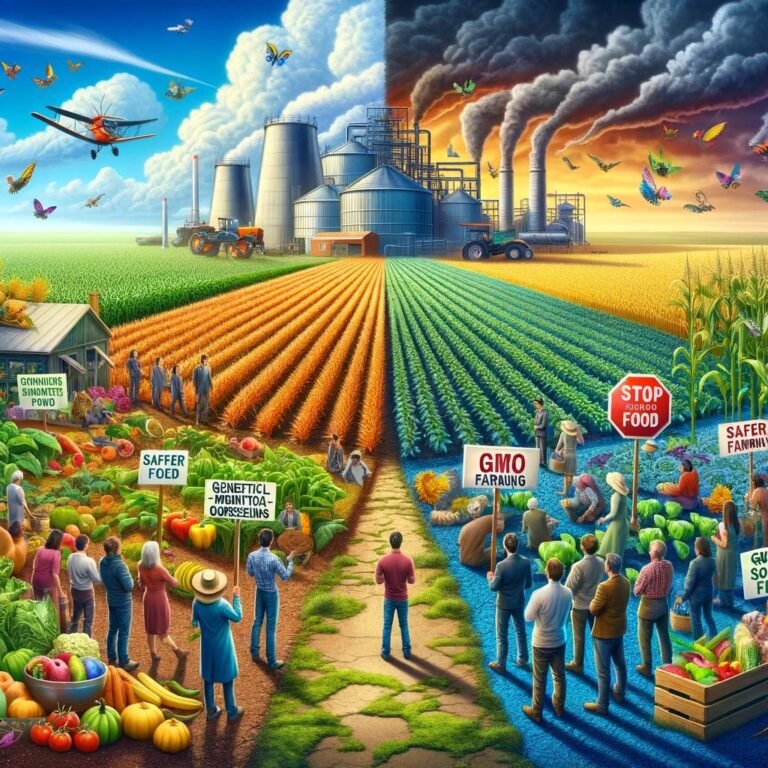Experts have advised the Federal Government of Nigeria to suspend the granting of further permits for commercial cultivation of GMO foods in Nigeria.
This was part of a communique released by the group of scientists under the aegis of Living Science Foundation after their conference.
The communique was signed by a Professor of Health Physics and Environment at the Obafemi Awolowo University, Ile-Ife, Osun State.
“The Federal Government of Nigeria should be prevailed upon to suspend granting of further Permits for commercial cultivation of GMO foods in Nigeria, until the Act establishing the Nigeria Biosafety Management Agency is appropriately strengthened to enable that Agency effectively carry out the onerous assignment placed on it.
“Also, these Agencies are enjoined to comply with the Nigerian laws, that require that such products, if eventually licensed, are appropriately labelled to give the public informed choice in what they feed into their bodies,” the communique partly reads.
Ojo, in the communique stated that “adverse health effects following chronic ingestion of GMOs, including cancers, organ damage, allergic reactions, antibiotic resistance, and reductions in nutritional content, are very well established.”
In a recent interview with Leadership, the Executive Director of the Centre for Food Safety and Agricultural Research (CEFSAR), Prof. Qrissturberg Amua, highlighted potential health implications of GMOs, noting that “the importation of GMOs in Nigeria without government regulations is affecting the hormone system of Nigerian citizens, with an increased diabetes rate even in children.”
Genetically Modified Organisms (GMOs) have sparked global debate, and Nigeria is no exception.
In recent years, the country has increasingly embraced GMOs, aiming to boost agricultural productivity and food security amid rising population demands.
According to the National Biosafety Management Agency (NBMA), as of 2023, Nigeria had approved the commercial release of GMO varieties of cowpea, cotton, and maize.
These crops are designed to resist pests, reducing pesticide use by up to 60% and potentially saving Nigerian farmers millions annually in crop losses.
However, GMO adoption remains controversial, with concerns about potential health risks and environmental impact.
In a 2021 survey by the International Food Policy Research Institute (IFPRI), only 35% of Nigerians were fully aware of what GMOs are, while over 40% expressed concerns regarding safety.
Despite this, a report by the Nigerian Ministry of Agriculture estimates that GM crops could improve national food production by up to 20% by 2025, helping to alleviate hunger and support the nation’s economy.


